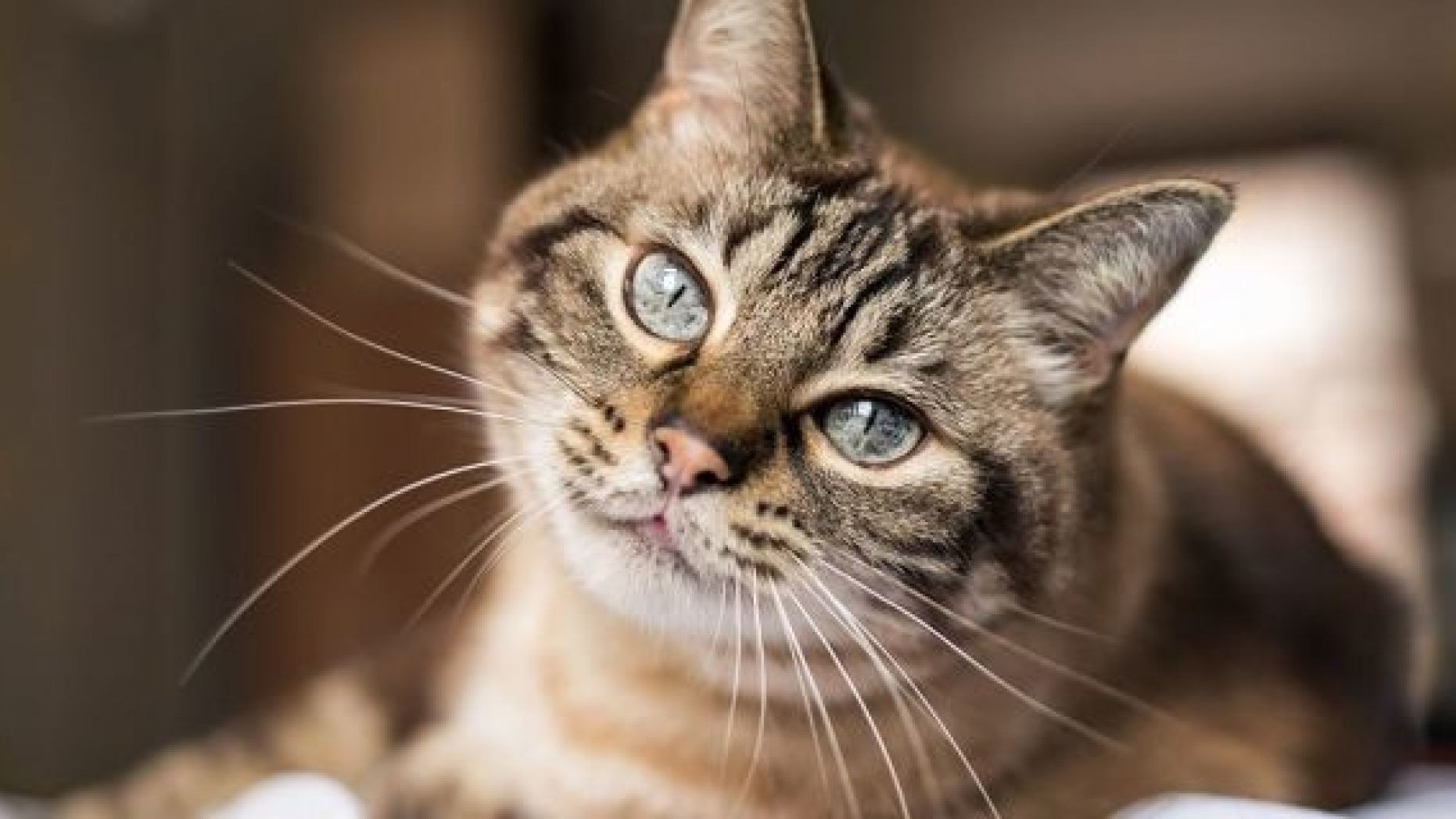[ad_1]

So-called “active” diffusers present more of a danger than “passive” ones, the vet said.
Pet owners (particularly cat parents) should be mindful when using essential oil diffusers, especially if the device is a so-called “active diffuser,” a veterinarian in Ohio recently warned.
Though essential oils are said to have benefits for humans — providing headache relief and helping to assuage stress and insomnia, among other benefits, according to Healthline — the products can be dangerous for cats, Beth Malinich, a veterinarian with the Animal Hospital of Fairview Park, recently said, according to news station WXYZ.
“They just don’t mix,” Malinich said. “The oils can cause some severe liver problems.”
In fact, “cats lack an essential enzyme in their liver and as such have difficulty metabolizing and eliminating certain toxins like essential oils. Cats are also very sensitive to phenols and phenolic compounds, which can be found in some essential oils,” the Pet Poison Helpline explains. Specifically, eucalyptus oil, tea tree oil, peppermint oil, cinnamon oil and oil of wintergreen, among others, have been known to cause poisoning in cats. The higher the concentration, the more dangerous the oil can be.
Two popular types of diffusers are “passive” and “active.” The former works “by evaporating the oil, producing a pleasant smell,” according to the Pet Poison Helpline, while active diffusers emit microdroplets of the oil into the air in addition to producing the pleasant smell. Passive diffusers can sometimes cause respiratory irritation in cats, leading the feline to develop a watery nose or eyes, a burning sensation in the throat or nose and coughing or wheezing.
But perhaps more concerning is the active diffuser. When this device releases microdroplets into the air, the oil “may collect on the cat’s fur if it is the same room as the active diffuser,” the Pet Poison Helpline states, adding “the oil can be either absorbed directly through the skin or ingested when the cat grooms itself.”
Drooling, vomiting, wobbliness, respiratory distress and tremors, among other symptoms, are all signs a cat has been adversely affected by an essential oil diffuser or has come into direct contact with essential oils, WXYZ reported.
PAINKILLERS FOR DOGS, CATS MAY BE WORSENING HUMAN OPIOID CRISIS: STUDY
“[Passive diffusers are] not too bad unless your cat knocks over the diffuser and gets into the oils themselves,” Malinich added, noting dogs can also be affected negatively by essential oils but appear to have more of a tolerance than their feline counterparts.
“So if you want to have a diffuser, [a passive diffuser] is the best option for you,” she continued.
[ad_2]
Source link

